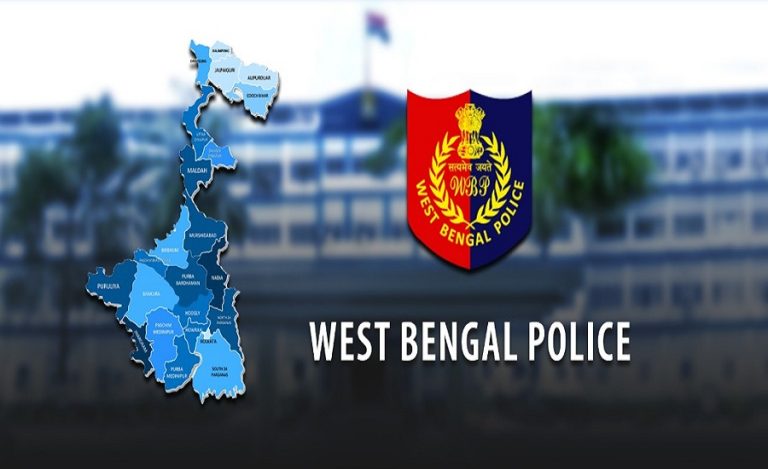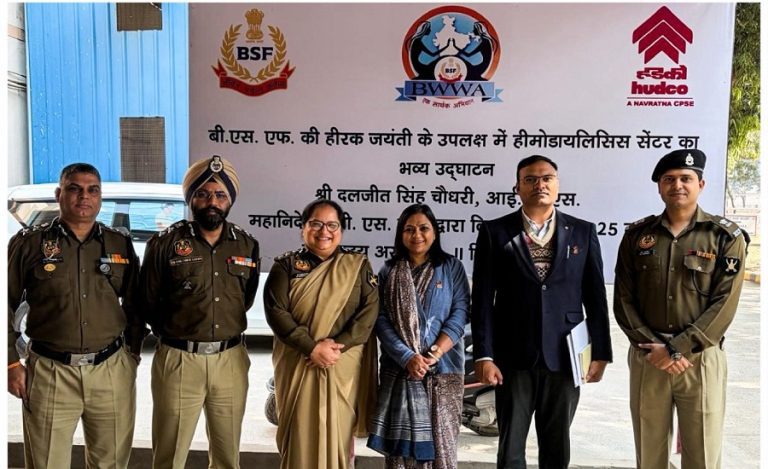New Delhi: India’s Project 75I is set to transform the Indian Navy’s underwater capabilities by introducing advanced Air Independent Propulsion (AIP)-equipped conventional submarines, significantly enhancing stealth, endurance, and operational reach. The program also emphasizes indigenous design and manufacturing, aligning with India’s Make-in-India and naval modernization initiatives.
Enhanced Operational Capability and Endurance
Project 75I submarines will extend underwater endurance from 2 days to nearly 3 weeks, compared to the current Kalvari-class Scorpènes. This improvement allows long-range covert patrols, sustained sea denial, and persistent presence in the Indian Ocean region, vital amid increasing surveillance and regional maritime threats.
The advanced stealth, longer endurance, and improved combat systems will help India:
- Maintain area control and deter adversaries.
- Monitor critical sea lanes and chokepoints.
- Enhance undersea deterrence against Chinese and Pakistani naval expansion.
- Indigenous Construction and Technology Transfer
The Mazagon Dock Shipbuilders (MDL) and ThyssenKrupp Marine Systems (TKMS) partnership under Project 75I emphasizes high-level technology transfer, enabling India to move from licensed production to co-design and indigenous construction.
Key features include:
- Air Independent Propulsion systems and advanced combat systems.
- Localization of critical components, including heavyweight torpedoes and towed sonar systems.
- Increasing local content from 45% to 60% by the sixth submarine.
- Collaborations with DRDO and Indian defence firms to establish domestic production and testing facilities.
This phased technology transfer ensures knowledge assimilation, strengthens India’s naval R&D, and positions India as a regional submarine technology hub.
Read also: Indian Navy to Commission Indigenous ASW Vessel ‘Mahe’ , Boosting Coastal Defence Capabilities
Structured Technology Handover and Timelines
The MDL-TKMS partnership follows a phased approach to ensure smooth handover:
- Pre-Handover Phase – Training MDL personnel, prototype testing, and documentation preparation.
- Handover Milestone – Formal transfer of technologies such as AIP systems, combat systems, and critical subsystems.
- Post-Handover Follow-Up – Continuous monitoring, troubleshooting, and technical support during early production and commissioning.
Timelines are aligned with the construction of six submarines, with handover milestones during keel laying, module completion, assembly, and sea trials. Key performance indicators track progress toward 60% indigenous content and full design autonomy for future submarines.
Strategic Significance
Project 75I strengthens India’s submarine deterrence and enhances maritime security by:
- Enabling persistent patrols far from Indian shores.
- Complementing future indigenous nuclear-powered attack submarines.
- Supporting India’s strategic autonomy and regional power projection.
The program addresses capability gaps arising from China’s naval expansion and Pakistan’s acquisition of AIP submarines, securing India’s interests in the Indo-Pacific region.
Leading Maritime Power
With Project 75I, India is poised to modernize its submarine fleet, advance indigenous technology, and secure a credible undersea deterrent. The MDL-TKMS partnership not only boosts India’s manufacturing and R&D capabilities but also cements the nation’s role as a leading maritime power in the Indo-Pacific.




























